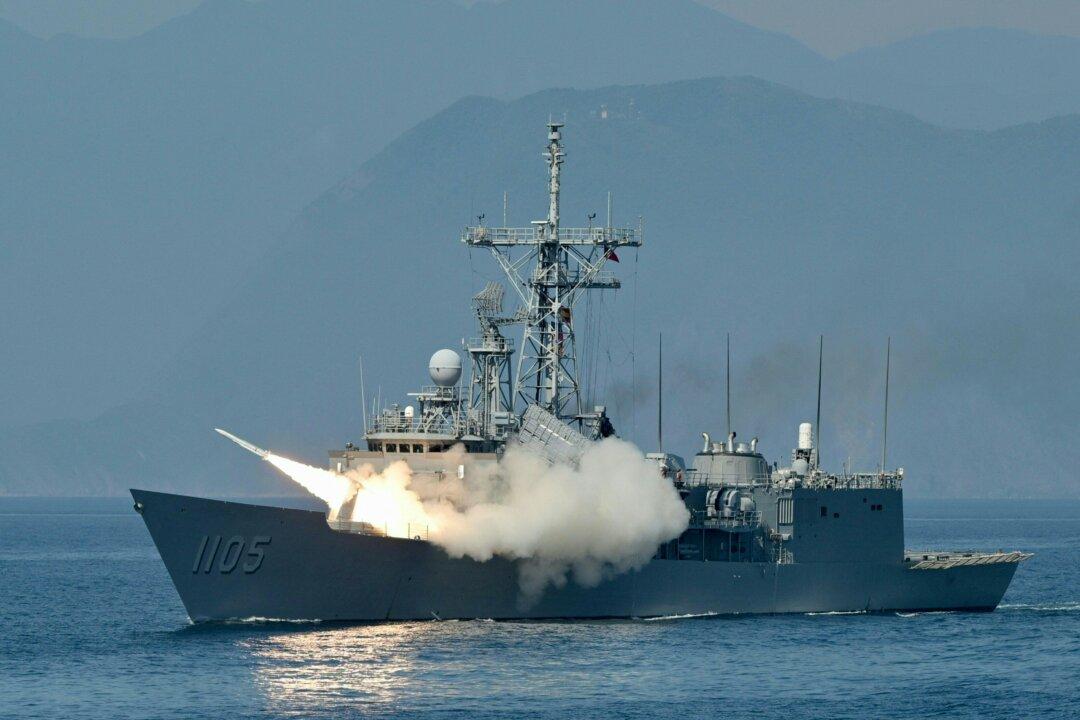The Armed Services Committee of the U.S. House of Representatives released the draft version of the 2024 National Defense Authorization Act on June 12, proposing the possibility of U.S.–Taiwan joint production of weapons to resolve delays in arms deliveries to Taiwan and to enhance the island’s ability to replenish weapon inventories.
The Armed Services Committee of the House of Representatives requires the secretary of defense to submit a report by March 1, 2024, evaluating the benefits and challenges of joint production of weapons and ammunition with Taiwan.




